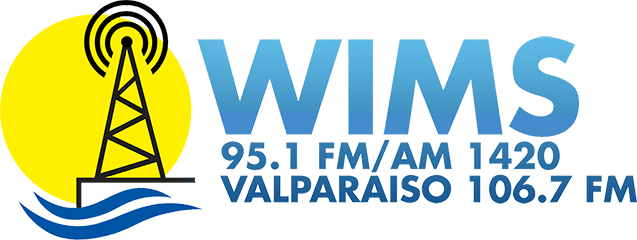We’ve changed habits and actions to protect our health during the pandemic, but one thing still remains the same – we need to take quick action with a possible heart attack or stroke. Life-threatening blockages and arrhythmias need timely detection and treatment to support the best possible outcome. Waiting to get help can increase the damage to heart muscle or brain tissue.
The hospitals of Northwest Health have deep resources ready to support diagnosis and intervention in the event of heart attack or stroke. Emergency medicine physicians have 24/7 access to advanced imaging and testing, multiple cardiac cath labs and support from an experienced team of physicians specializing in heart or brain damage. Northwest Health also delivers the expertise of a certified Primary Stroke Center and accredited Chest Pain Centers for acute heart attack care.
“Our team stands ready to help and the sooner we can see a patient to assess their condition and intervene, the better is the outcome for the patient,” said Sandeep Sehgal, M.D., interventional cardiologist with Northwest Medical Group and chair of cardiology at Northwest Health – Porter. “Our hospitals have great resources to help patients and have taken important precautions to enhance safety in light of the pandemic. The incidence of heart ailments and blood clots in the lungs (pulmonary embolism) has sharply risen due to the Covid pandemic. Our hospitals are equipped with the latest technology to deal with these conditions and provide 24/7 coverage. Timely action and COVID-19 safety are top of mind at all times.”
Concern for safety during the pandemic has kept many people from seeking medical help and that can get in the way of timely treatment in an emergency. Northwest Health actively works to maintain a safe place patients can get medical help whether for a medical emergency or routine care.
The hospitals’ precautions include enhanced practices for infection prevention, restricted access to the facility and furniture arrangement to support social distancing and patient flow. Caregivers practice infection prevention including wearing personal protective equipment and washing hands before and after caring for each patient. Care for any COVID-19 positive patients is in a separate, designated unit.
“If seeking emergency care for myself or a family member, I would not let anything stop me from coming to the hospital,” said interventional cardiologist Sammi Dali, M.D. of Northwest Medical Group. “It’s important for members of our community to put their health first and to feel comfortable getting the care they need. We encourage our patients to always seek immediate emergency medical care for serious conditions such as a possible heart attack or stroke.”
Calling 9-1-1 for an ambulance is the best action rather than trying to drive to the hospital yourself whenyou or someone you are with experiences heart attack or stroke symptoms. EMS crews are trained to care for patients experiencing heart attack and stroke, so you’ll get medical care sooner.
Signs of a possible heart attack can include chest pain or discomfort, shortness of breath, and/or pain or discomfort in the jaw, neck, back, arm or shoulder. Women also may feel nauseous, light-headed or unusually tired.
Symptoms of a stroke can be remembered with the acronym F-A-S-T:
Face drooping – Does one side of the face droop or is it numb?
Arm weakness – Is one arm weak or numb?
Speech difficulty – Is speech slurred, are they unable to speak, or are they hard to understand?
Time to call 911 – If the person shows any of these symptoms, even if the symptoms go away, call 911 and get them to the hospital immediately.
If you need more information about your personal risk factors for heart disease or stroke, schedule an appointment with your primary care provider. If you need a provider, visit NWMedicalGroup.com
